Supporting developing countries to integrate the agricultural sectors into National Adaptation Plans: Nepal
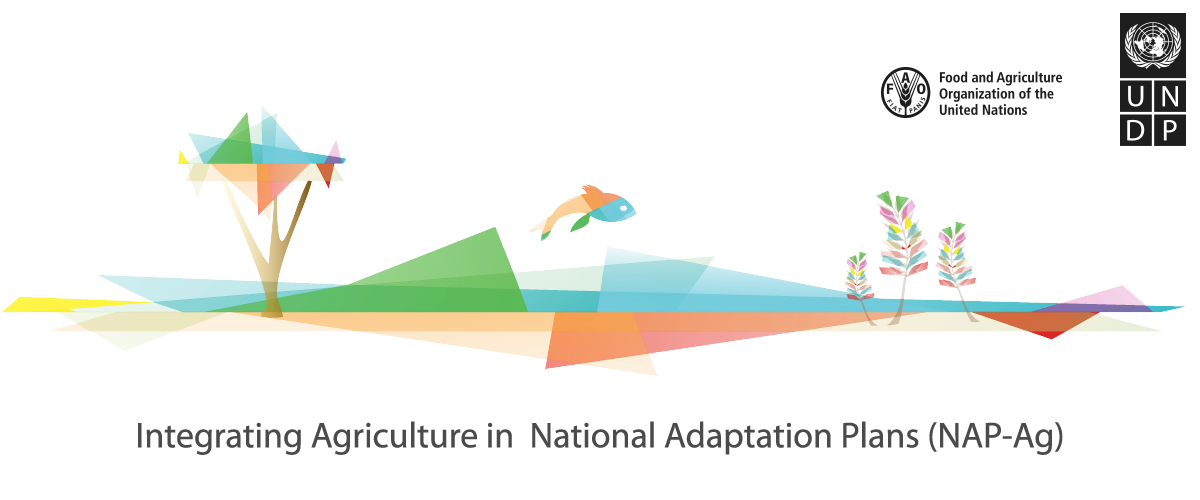
Nepal
Project Overview
Project Details
Adaptation policies
NAP-Ag activities
News
> Nepal - Integrating gender in climate risk assessment and adaptation planning
30 Oct 2017, Nepal - A three-day workshop on integrating gender in climate risk assessment and adaptation planning at the local level was held in Kathmandu this October as part of the UNDP-FAO NAP-Ag programme. The training sought to strengthen the capacity of the Nepal’s NAP-Ag Project Technical Task-force (PTT) and contractors to integrate gender analysis methods and tools in climate risk assessment and adaptation planning in the agriculture sector.
> Nepal launches NAP-Agriculture programme to minimize climate change impacts on agriculture
> Government investment in climate change paying off, say reports (The Himalayan Times)
07 August 2017, Kathmandu, Nepal - Investment made by the government to help Nepali farmers adapt to climate change is having a positive impact on the income level of farmers, according to recent studies by the Ministry of Agriculture Development, National Disaster Risk Reduction Centre, Freedom Forum and UNDP.
> Nepal’s climate-relevant budget increases seven-fold in the last five years
07 August 2017, Kathmandu, Nepal - A Citizens Climate Budget unveiled in Kathmandu shows an increase in government spending on development programmes that seek to address the impacts of climate change. “Nepal’s Citizens Climate Budget: where is Nepal’s money being allocated?” is the first of its kind publication that visualises budget figures and trends in a set of simplified infographics for public understanding. It uses information from the Ministry of Finance and other government agencies to provide the public with insights into how the national budget is being allocated to address climate change and its effects. It is an effort to make financial information related to climate change accessible in a clear and accessible format for the public.

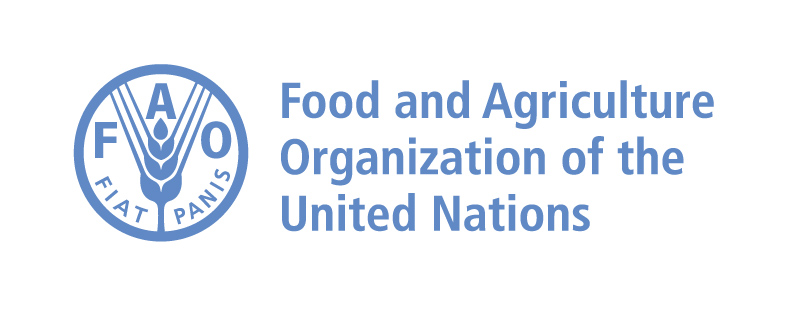
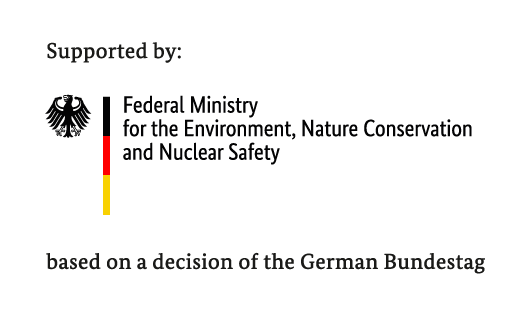
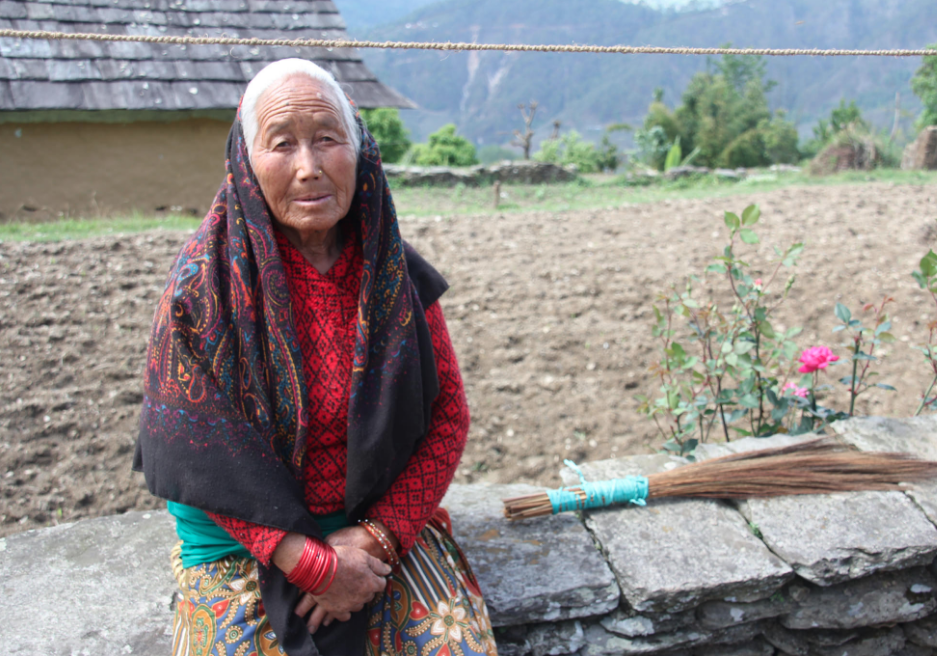
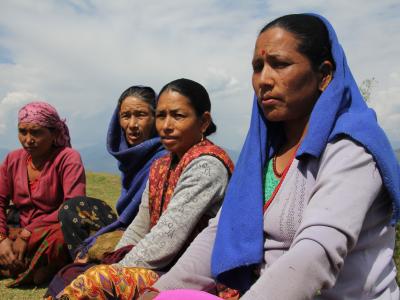 Nepal - Integrating gender in climate risk assessment and adaptation planning
Nepal - Integrating gender in climate risk assessment and adaptation planning 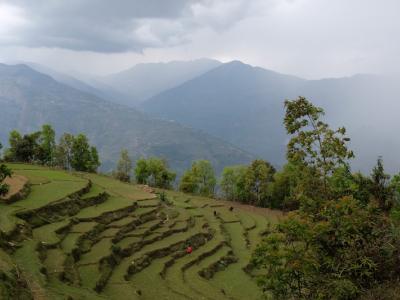 Nepal launches NAP-Agriculture programme to minimize climate change impacts on agriculture
Nepal launches NAP-Agriculture programme to minimize climate change impacts on agriculture 